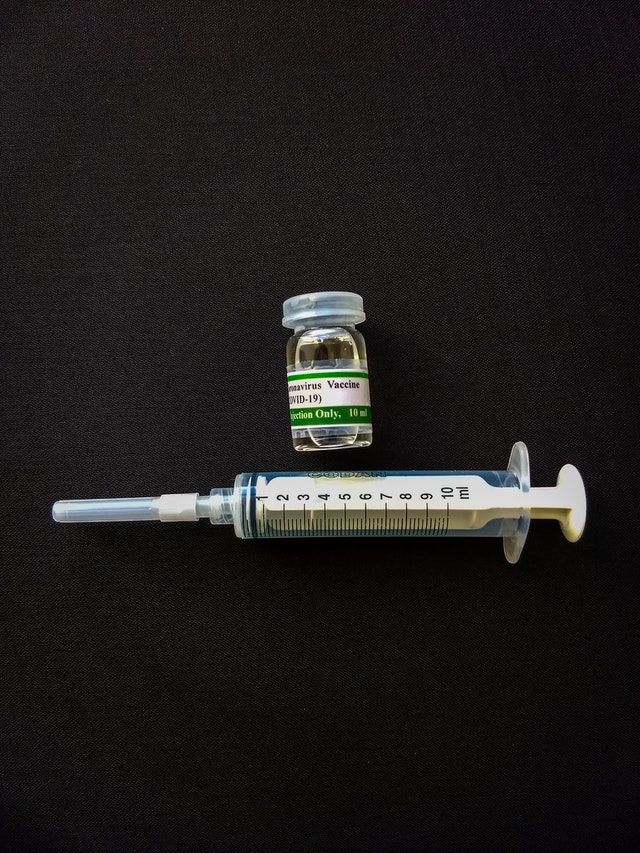The COVID-19 pandemic has already taken the lives of more than 5,000,000 people worldwide, and the situation shows no signs of stopping. Despite the easing of restrictions in most countries (aside from the latest changes due to the variant Omicron), the disease continues to spread. But apart from the virus itself, there are other things that kill: misinformation and disinformation.
Inaccurate and misleading information spread quickly on social media sites, causing confusion and affecting vaccine confidence in the US and the world as a whole. It fuels vaccine hesitancy and leads to fatal outcomes. The WHO says that approximately 6,000 people were hospitalized because of misinformation related to COVID-19, and at least 800 may have died.
COVID-19 misinformation and disinformation cost lives, literally. So, it’s crucial to fight back by educating people, particularly about the vaccine. In this blog post, we’ll cover the questions people most often ask me about the COVID-19 vaccines.

The Most Common Questions I Get About the COVID-19 Vaccines
Can I Use Ivermectin to Treat COVID-19 Instead of Getting the Vaccine?
Even if you think Ivermectin can save you from COVID-19, that shouldn’t stop you from getting the vaccine. There is still ongoing research about its ability to fight the COVID-19 virus. Even if it turns out to have some efficacy, it’s still not a reason for you not to get the vaccine.
Ivermectin is an anti-parasite drug approved by the FDA to treat parasitic infections. Although no evidence confirms its efficacy against the virus, the demand for Ivermectin as a COVID-19 treatment continues to surge. Some advocates, including doctors and unvaccinated people, even call it a wonder drug.
However, the WHO has advised against treating COVID-19 patients with Ivermectin outside of clinical trials. If, in the end, the clinical trials prove that Ivermectin is an effective drug, it’s still vital for you to get the vaccine. Consider it as taking multiple precautions.
For example, a person who just suffered from a heart attack doesn’t only need to take certain medications. They also need to shift to a healthier diet. Their doctors might tell them to lose weight and adopt a healthier lifestyle. We should save and protect ourselves from infection in several ways.
Note that what we’re talking about with Ivermectin also applies to other alternative medications that people are using to “treat” COVID-19. None of these are currently deemed anywhere close to as safe or effective as getting vaccinated.
Should I Worry About the Side Effects from the Vaccine?
Those who are hesitant to get the vaccine worry about the possible side effects that they may experience. But the truth is this: Science confirms that getting the vaccine is the safest and most effective way to fight illness. In fact, you’re far likelier to get COVID-19 than experience serious side effects from the vaccine.
Experiencing mild to moderate side effects — like tiredness, headache, fever, and muscle pains — is normal after vaccination, whether or not it’s for COVID-19.

Severe allergic reactions such as blood clots are possible but are extremely rare. And side effects that cause long-term health issues are also highly unlikely.
Not everyone gets them, but side effects are proof that the vaccine is working and that you are starting to develop antibodies to the virus.
Should You Wait to Get the Flu Shot if You Get the COVID-19 Vaccine?
In the world of vaccine medicine, waiting between vaccines is not a thing. There is no reason to wait. It’s safe to get the flu vaccine and the COVID-19 vaccine at the same time. If you have this option, do it. Studies show that getting them on the same day won’t affect immune responses and doesn’t result in adverse side effects.
The CDC says that this applies whether it’s your first dose, second dose, or booster shot. In addition, a single vaccine that combines the COVID-19 booster shot and flu shot is in the works. Hopefully, it will be available for the next flu season.
Getting the flu vaccine offers a ton of benefits. Research shows that people who tested positive for COVID-19 and had gotten the influenza vaccine in the past six months were less likely to develop COVID-19-related complications.
When Should I get a Medical Exemption from Getting the COVID-19 Vaccine?
As of right now, science knows of no reason not to get the COVID-19 vaccine for medical reasons. What’s in this vaccine is not in other vaccines you may not have tolerated in the past. So, there is nothing that can prevent someone from getting a COVID-19 vaccine for medical reasons.
That being said, the vaccine may not be effective for someone who doesn’t have a robust immune system. For instance, it may not be that effective for a person who just had a bone marrow transplant and is currently undergoing chemotherapy. Since the immune system is weaker, it fails to generate a robust response.
But that shouldn’t be a reason not to get the vaccine. It may not be as effective in terms of generating antibodies, but you should still get it.
More Frequently Asked Questions about COVID-19 Vaccines
The COVID-19 vaccines are part of the ever-evolving world of science. Accurate information is going to be your strongest ally. Together, we can fight misinformation and vaccine myths, which pose a serious threat to worldwide health.
To learn more about the most common questions I get about the coronavirus vaccines — and my thoughts on them — watch the full video below.













